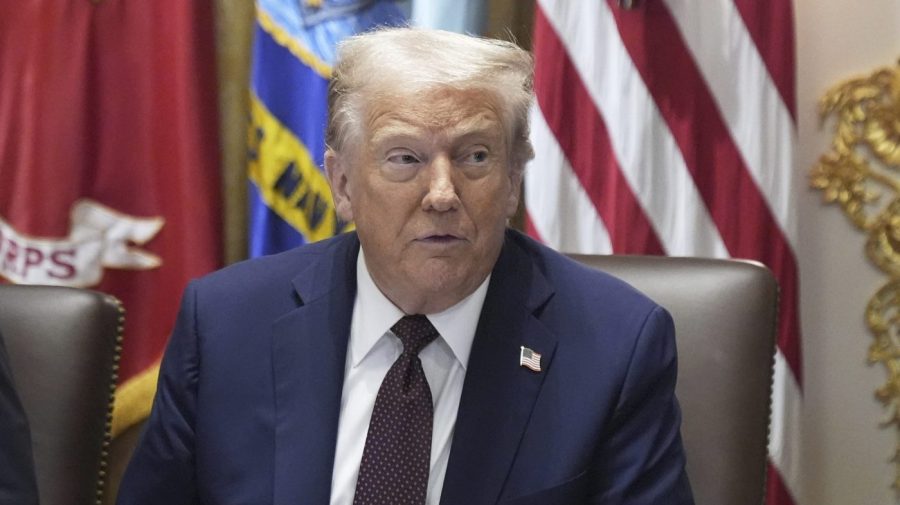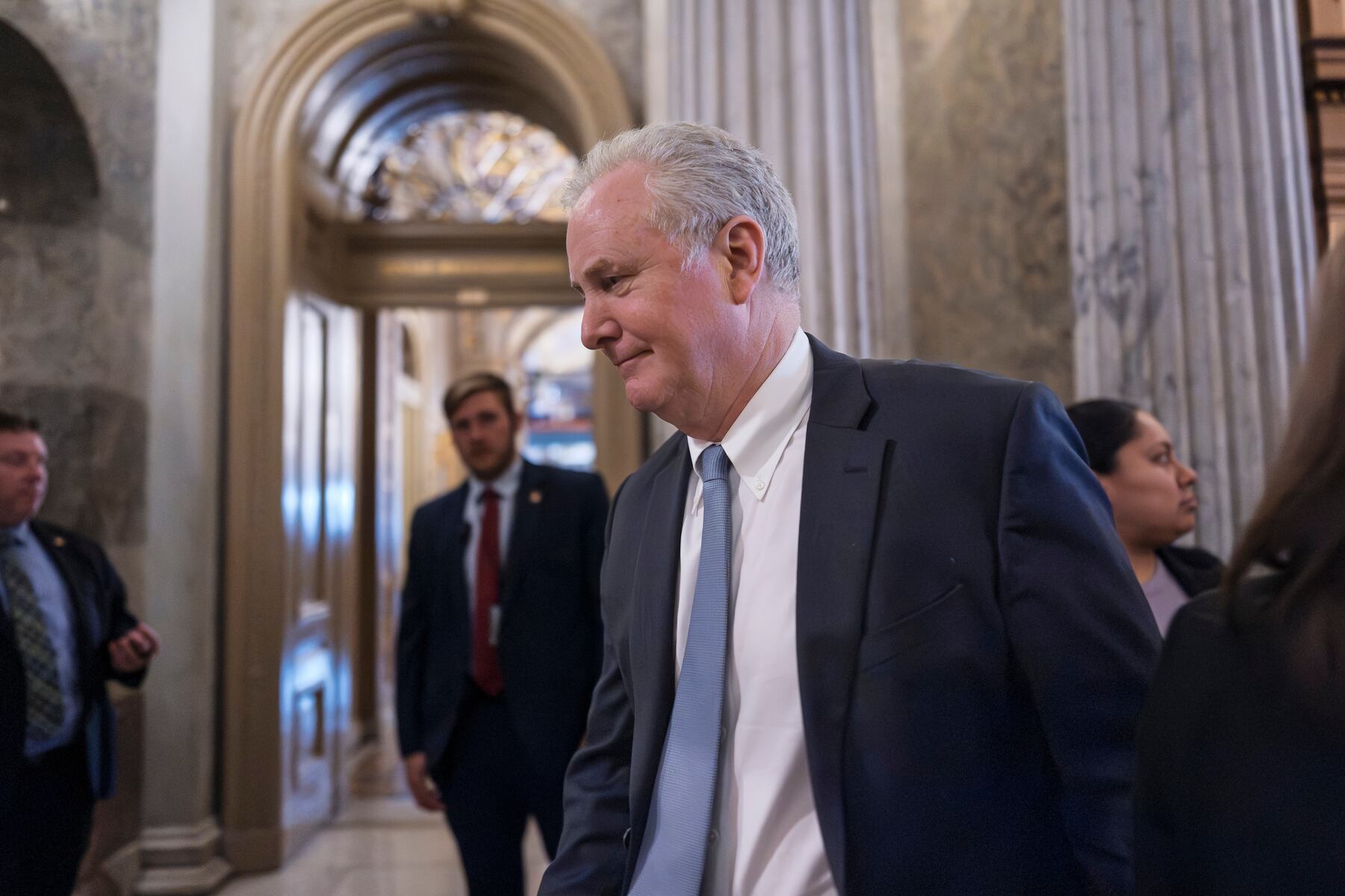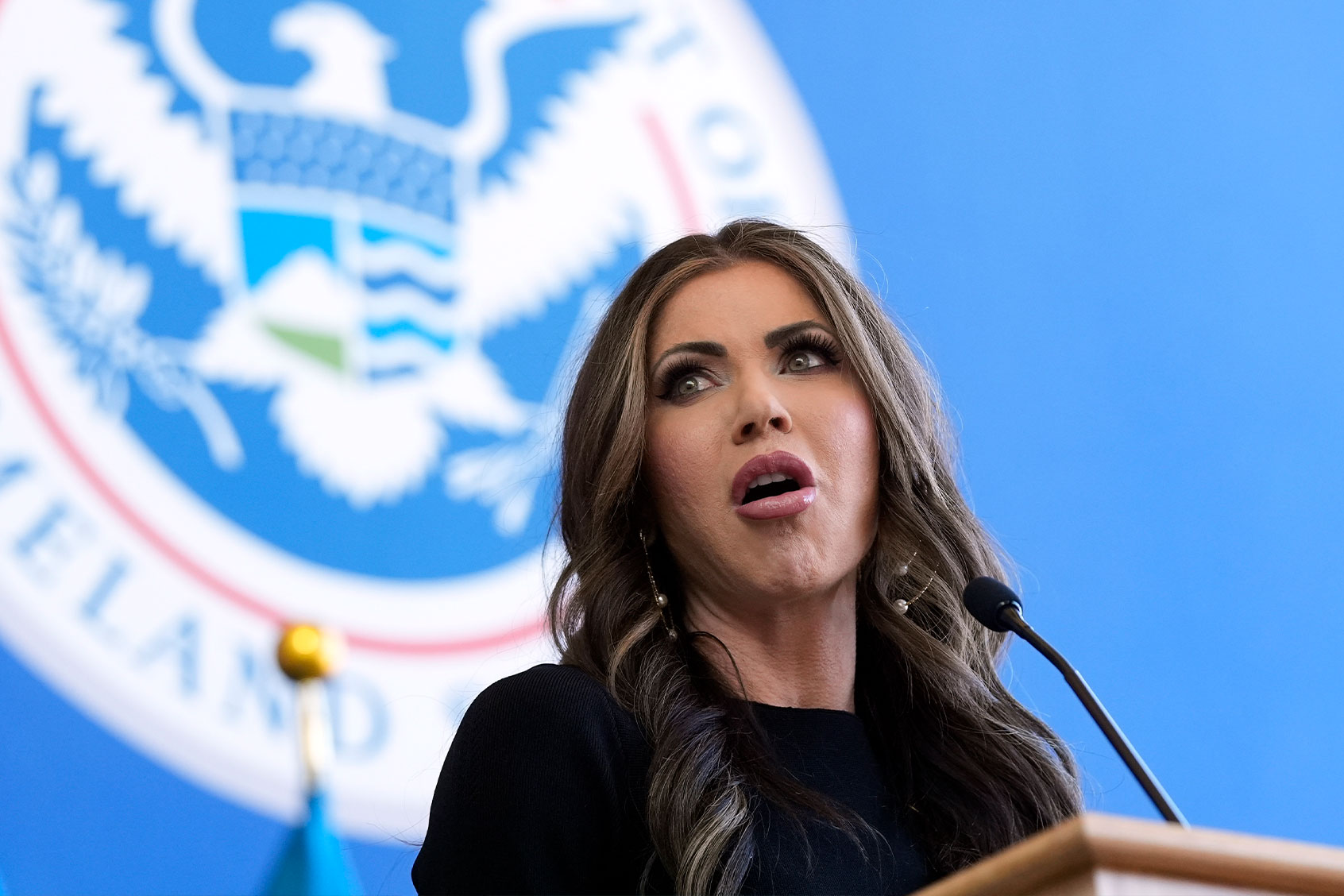
The fifth annual National Conservatism Conference commenced on September 2, 2023, in Washington, D.C., presenting a platform for conservative leaders to discuss key policy initiatives shaping the current political landscape. This event, distinct from more flamboyant gatherings like the Conservative Political Action Conference, has become a breeding ground for the ideas that underpin the nationalist agenda championed by the Trump administration.
Rachel Bovard, vice president of programs at the Conservative Partnership Institute and a speaker at the conference, emphasized the significance of the event, stating, “I do think that NatCon represents the conservative movement at this point.” She noted that many former speakers have transitioned into influential roles within the Trump administration, underscoring the conference’s role in shaping policy direction.
A major focus of this year’s agenda includes a session titled “Overturn Obergefell,” dedicated to addressing the Supreme Court’s 2015 decision that legalized same-sex marriage nationwide. This public session, scheduled for the evening of September 3, reflects a broader strategy among conference participants to target established legal precedents.
The National Conservatism Conference serves as a critical venue for discussing ongoing debates within the right, particularly as the Trump administration navigates complex issues. While there is consensus among attendees on topics like immigration — with a clear push for more restrictions — divisions remain on technology and foreign policy.
Anna Wellisz, president of the Edmund Burke Foundation, identified a generational divide on technology. She explained that while some conservatives are enthusiastic about advancements in artificial intelligence, others express concerns regarding its impact on families and societal norms. Attendees are encouraged to participate in breakout sessions, including “AI and the American Soul” and “America and the Israel-Iran War,” which may reveal differing perspectives on these critical issues.
This year’s lineup of prominent speakers features influential figures such as Tulsi Gabbard, the Director of National Intelligence; Russell Vought, Director of the Office of Management and Budget; and Jim Banks, a Republican Senator from Indiana. Other notable speakers include Harmeet Dhillon, Assistant Attorney General for Civil Rights, and Jay Bhattacharya, Director of the National Institutes of Health.
Wellisz articulated the essence of national conservatism, stating, “It’s simply conservatism — and national, because conservatism is attached to a place, a people.” This sentiment resonates throughout the conference, highlighting the connection between traditional conservative values and a sense of national identity.
The conference has also provided a platform for discussions on higher education. In previous years, speakers like J.D. Vance have labeled universities as adversaries to conservative values. This year, the focus has shifted to policies aimed at taxing university endowments and increasing accountability for educational institutions. The Trump administration has since initiated measures to address these concerns, including legislation that raises taxes on university endowments.
The principles of national conservatism, first articulated several years ago, advocate for restrictive immigration policies and a national government that intervenes to restore order in areas perceived as lawless. This manifesto has garnered support from influential figures, including Charlie Kirk of Turning Point USA and investor Peter Thiel.
In response to the ascent of national conservatism, proponents of free-market principles have introduced a competing framework known as Freedom Conservatism. This statement emphasizes individual liberty and choice, featuring supporters like former Florida Governor Jeb Bush and political strategist Karl Rove.
The impact of national conservatism on the Republican Party has been profound, prompting discussions about its future direction. Columnist David Brooks previously expressed concerns that the ideas presented at NatCon could define the future of the party, noting Bovard’s prominence in the movement. Bovard contended that Brooks mischaracterized her role, stating, “I was reflecting a lot of what the younger conservatives were feeling at the time.”
As the National Conservatism Conference unfolds, it remains to be seen how these discussions will influence conservative ideology and policy in the coming years. The conference continues to attract attention as it shapes the narrative within the Republican Party and beyond.






